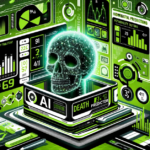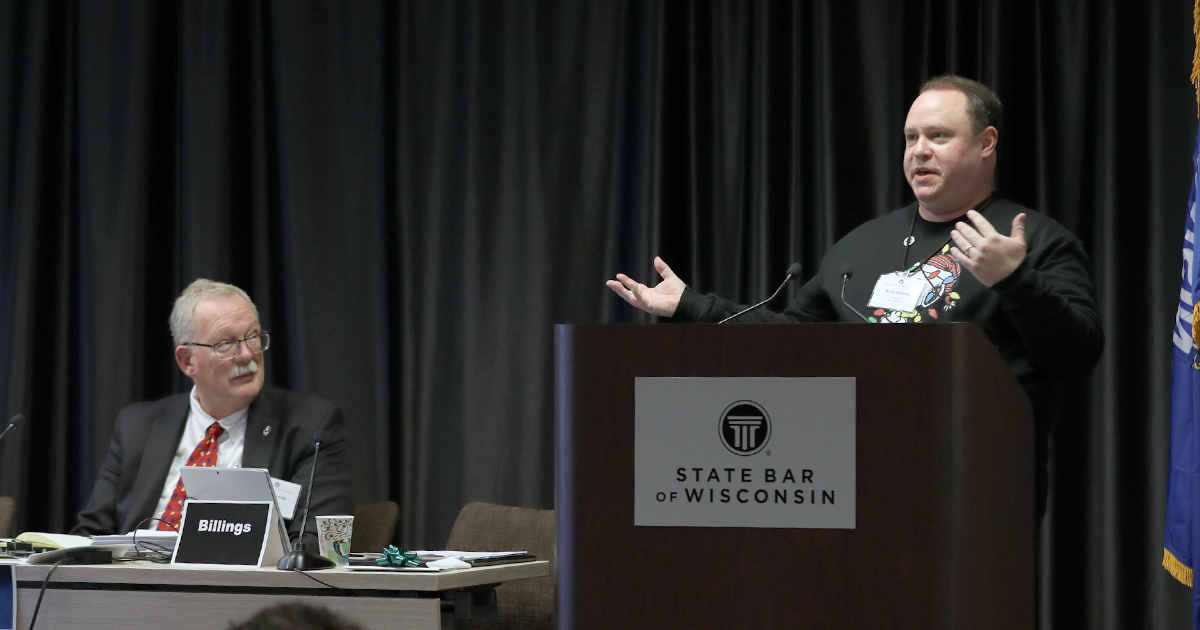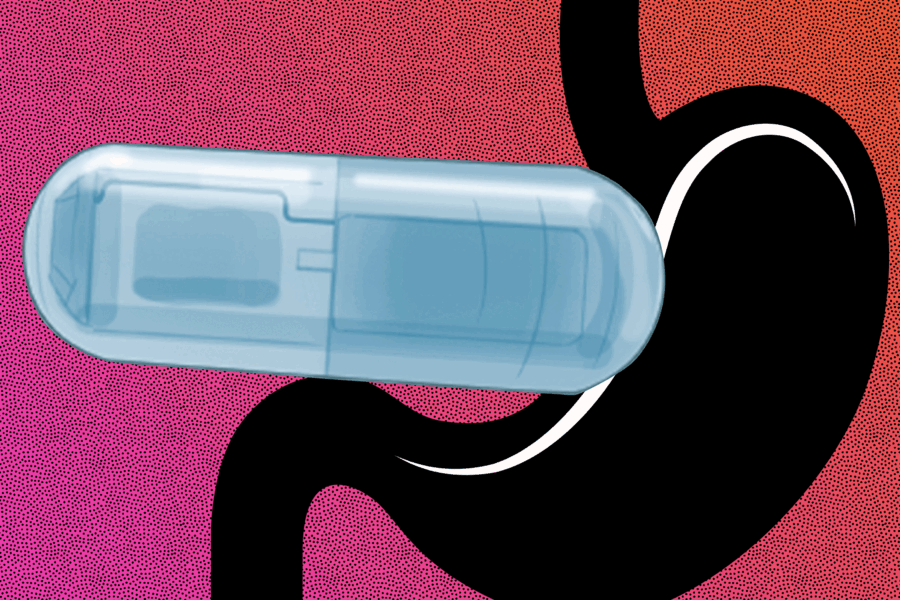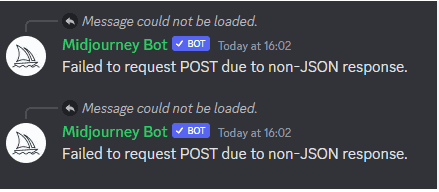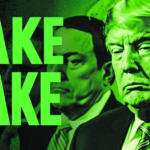December 22, 2023: The UK Supreme Court has declared that artificial intelligence systems cannot be legally recognized as inventors. This ruling, delivered on Wednesday, reaffirms the traditional view that inventors must be human beings. Dr. Stephen Thaler, a US...
December 22, 2023: The UK Supreme Court has declared that artificial intelligence systems cannot be legally recognized as inventors.
This ruling, delivered on Wednesday, reaffirms the traditional view that inventors must be human beings.
Dr. Stephen Thaler, a US technologist, challenged the Intellectual Property Office (IPO) after it refused to list his AI creation, DABUS, as the inventor of two patents.
DABUS, an autonomous AI, reportedly devised innovations, including a new type of food container and a light beacon. However, the IPO, sticking to the letter of the law, maintained that an AI cannot be an inventor as it is not a person.
This decision was consistently upheld through various levels of the judiciary, culminating in the Supreme Court’s final verdict.
Lord Kitchin, representing a unanimous panel of five justices, pronounced that DABUS is not a person and therefore cannot be an inventor.
“It is not a person, let alone a natural person and it did not devise any relevant invention,” he explained, emphasizing the AI’s lack of legal personhood and independent inventive capability.
The crux of Thaler’s argument, that as the AI’s owner he should be entitled to the patents, was also dismissed. Lord Kitchin stressed that owning an AI does not grant one rights to inventions it may generate.
This ruling arrives amid increasing global interest in AI’s capabilities and its legal and ethical implications.
From AI-generated art to automated writing tools like OpenAI’s ChatGPT, the boundaries of AI’s role in creative and intellectual domains are constantly being tested. Thaler’s case, reaching the Supreme Court, underscores our society’s evolving debate around AI.
The law remains clear: patents, meant to protect new, inventive, and usable inventions or technical processes, are reserved for human creators.
This ruling not only reinforces current legal frameworks but also prompts a broader discussion on the future role of AI in innovation.
The post You Cannot Patent Your AI Inventions UK Supreme Court Rules appeared first on GreatAIPrompts: AI Prompts, AI Tools & AI News.



